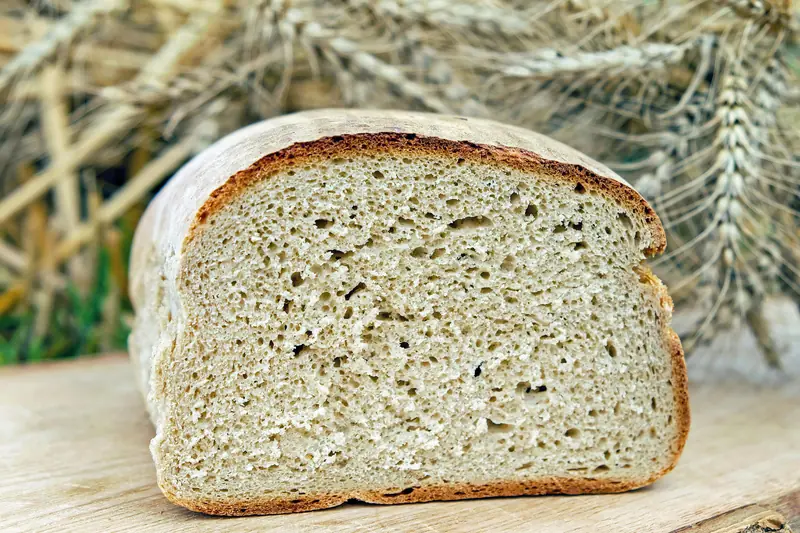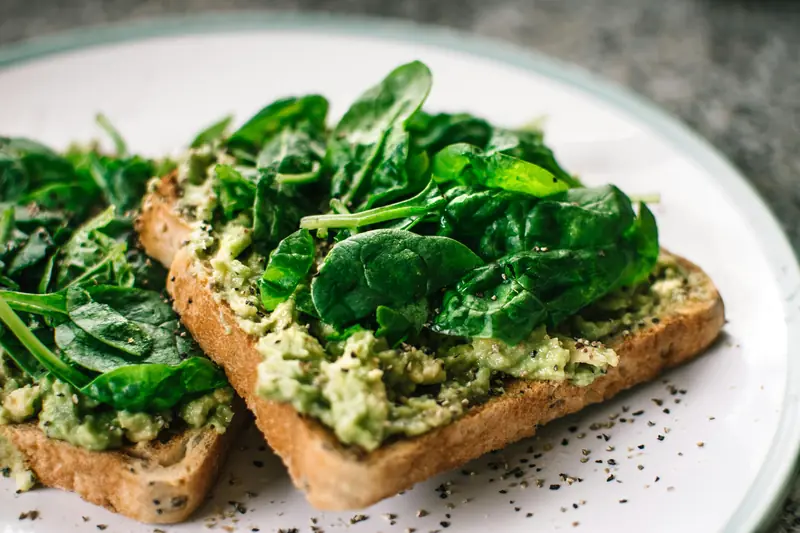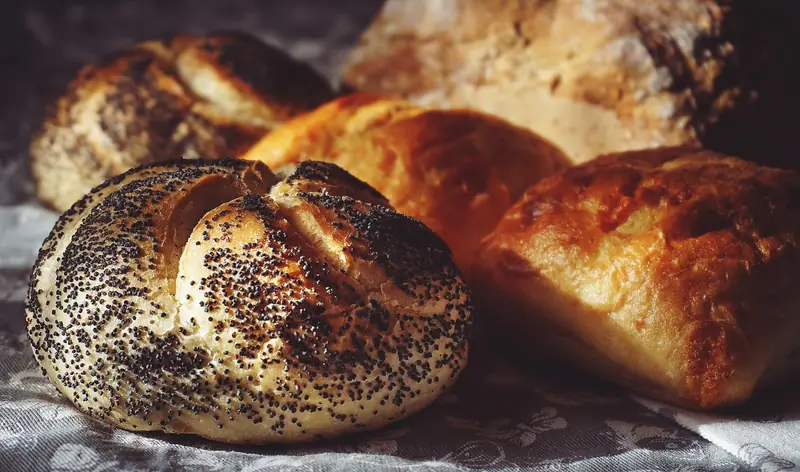
White bread has earned a reputation as one of the most harmful carbohydrates, stripped of nutrients and loaded with unhealthy additives. However, this product has its advantages, and nutritionists believe it shouldn’t be completely eliminated from your diet.
One of the advocates for white bread is Dr. Dwayne Mellor, a dietitian and researcher at Aston University. He argues that the composition of the bread is far more significant. According to him, “white bread isn’t as bad as many people think.”
Dr. Mellor emphasized the importance of incorporating as much fiber into your diet as possible. However, bread is just one of its sources. Other sources include vegetables, particularly legumes.

Arguments in Defense of White Bread
Supporters of low-carb diets have long criticized white bread for its high content of bad carbohydrates. They claim that these carbohydrates cause spikes in blood sugar levels, making us more irritable, fatigued, and prone to weight gain.
Indeed, white bread contains about 49 grams of carbohydrates per 100 grams, compared to 41 grams of carbohydrates per 100 grams in whole grain bread, as reported by the Daily Mail.
However, Dr. Mellor asserts that there is not much difference between white and whole grain bread when it comes to “the speed of starch digestion and glucose production.”

He noted that “other types of flatbread, which do not contain added yeast or leavening agents that help the dough rise, are digested more slowly, which reduces the risk of blood glucose spikes,” he said.
According to renowned dietitian and author Rob Hobson, a spike in blood sugar is a “natural response of the body to food intake.”
“If you’re eating a sandwich with something that contains fat and protein, and perhaps a vegetable salad, then the impact on blood sugar levels is not as significant. I see nothing wrong with a loaf of quality white bread or sourdough that has undergone minimal ultra-processing,” Mr. Hobson noted.

Joining the ranks of defenders of this controversial product is another experienced dietitian, Dr. Idris Mogul. He pointed out, “You have to remember that bread is just energy. It breaks down into glucose.”
Moreover, most people don’t eat just bread. Of course, “daily consumption of a loaf of bread won’t benefit your health, as you’ll be consuming too many calories, which isn’t very healthy,” Dr. Mogul said. However, if, for example, you eat it as part of a lunch sandwich with salad, grilled chicken breast, a small amount of low-fat mayonnaise, and perhaps pickles and seasonings, that’s perfectly fine, according to the dietitian.
To Eat or Not to Eat – That Is the Question
Mass-produced white bread is classified as ultra-processed food (UPF), meaning it contains more artificial ingredients than natural ones. Some nutrition experts advocate for eliminating UPF from the diet.
White bread contains numerous chemicals, colorings, sweeteners, and preservatives to extend its shelf life. It also has more sugar and salt than whole grain bread.

Foods that contain chemicals and other unhealthy additives are linked to an increased risk of various diseases, including cardiovascular issues. Cheap packaged white bread with a soft texture, typically sold in supermarkets, is low in fiber. And it’s “easy to overeat,” Mr. Hobson admitted.
Ultimately, everyone must decide for themselves whether to include this product in their diet. If you find you can’t do without white bread, it’s essential to remember the recommendations from dietitians on how and with what to eat it to minimize health risks.
